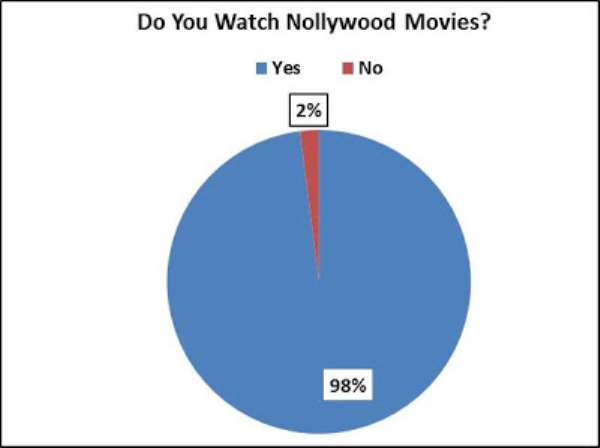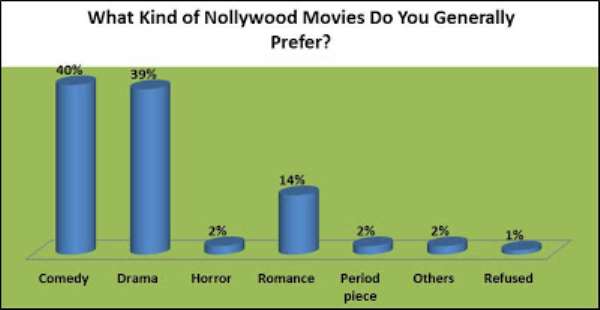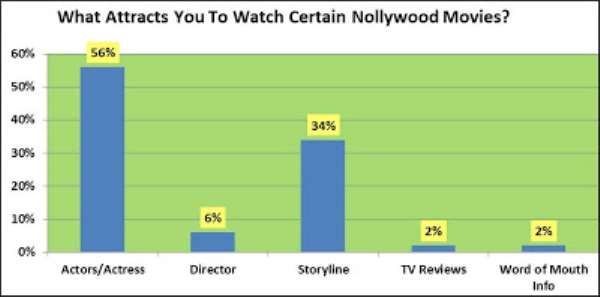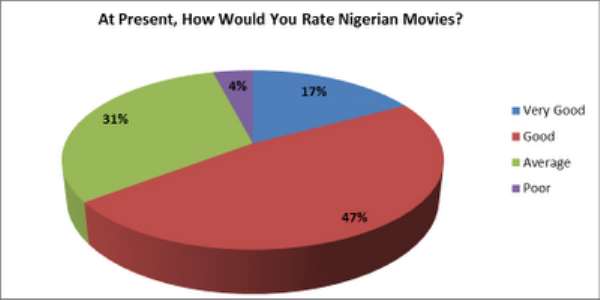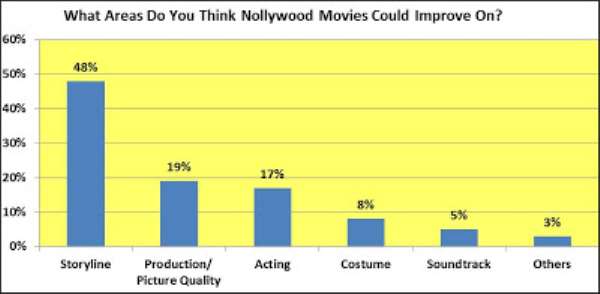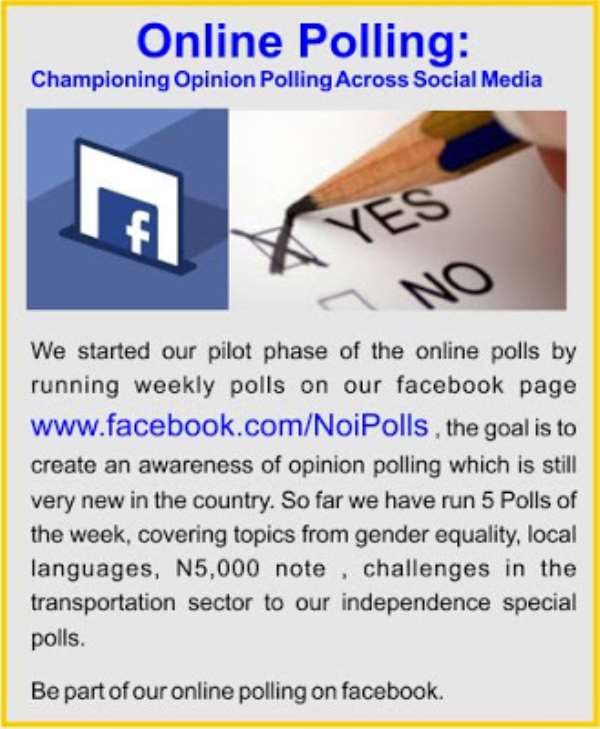The Nollywood Phenomenon Celebrating the Creative Industries in Nigeria
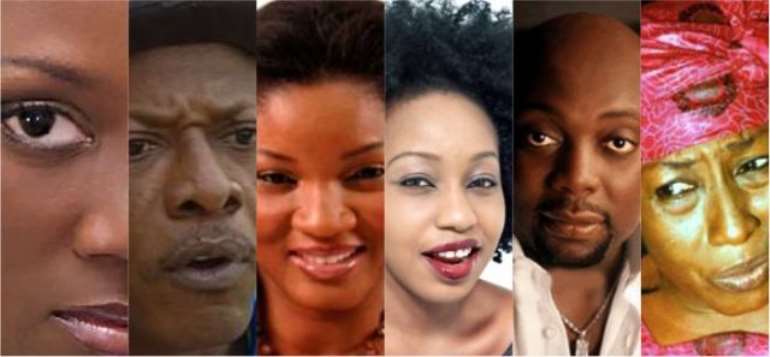
The Nigerian film industry has become one of the principal forces of popular art on the continent. Colloquially known as “Nollywood, it has over the years grown to be a world phenomenon, ranking third in the global movie industry in terms of revenue and value after Hollywood (USA) and Bollywood (India).
The production of the now classic “Living in Bondage” by Mr Kenneth Nnebue was as response to the lack of quality productions in the local television stations due to budget cuts and mismanagement. That movie sold hundreds of thousands of copies and established Nollywood's standard theme: Marital Discord, Greed, A Conflict between Christianity and Juju. Indeed, from these accidental origins, a cultural phenomenon emerged.
The Nollywood film industry has evolved a lot since these humble beginnings and as these days, normal films are usually made on budgets ranging from 1.5 million naira to 2.5 million naira spanning 7 to 10 days. The film industry accounts for 5 per cent of GDP and 11 per cent of non-oil exports and is the country's second largest employer after agriculture. The most popular locations to shoot movies are Lagos, Enugu, Abuja, Kano and Port Harcourt. In 2009, about 75% of Nigerian films were produced in local languages, such as Yoruba (55%), Hausa (16%), Bini (3%) and Igbo (1%).
As imperfect as it may seem, Nigeria's film industry has established itself as a major cultural and economic force in Nigeria and the rest of Africa, and its impact goes beyond what could be measured by numbers. At present, Nollywood is second only to Bollywood in terms of the number of film productions.
Against this background, NOI Polls, an opinion polling and research organization, conducted a nationwide poll to establish the level of interest of the average Nigerian towards Nollywood, their reasons for this cultural phenomenon and suggestion about how the quality can be improved.
Methodology
The opinion poll was conducted from August 7th to 9th. It involved telephone interviews of a random nationwide sample. 1,176 randomly selected phone-owning Nigerians aged 18 years and above, representing the six geopolitical zones in the country, were interviewed. With a sample of this size, we can say with 95% confidence that the results obtained are statistically precise - within a range of plus or minus 3% of what they would have been if the entire population had been surveyed. The questionnaire was designed in English and the survey was conducted in English, Hausa, Yoruba, Ibo, and Pidgin, to ensure coverage of relevant geographical and demographic groups. Statistical Package for Social Sciences (SPSS) software was used for data entry and analysis. Descriptive statistics, mainly frequencies and percentage distribution, charts (pie, component and bar) and cross tabulations were used in data analysis.



